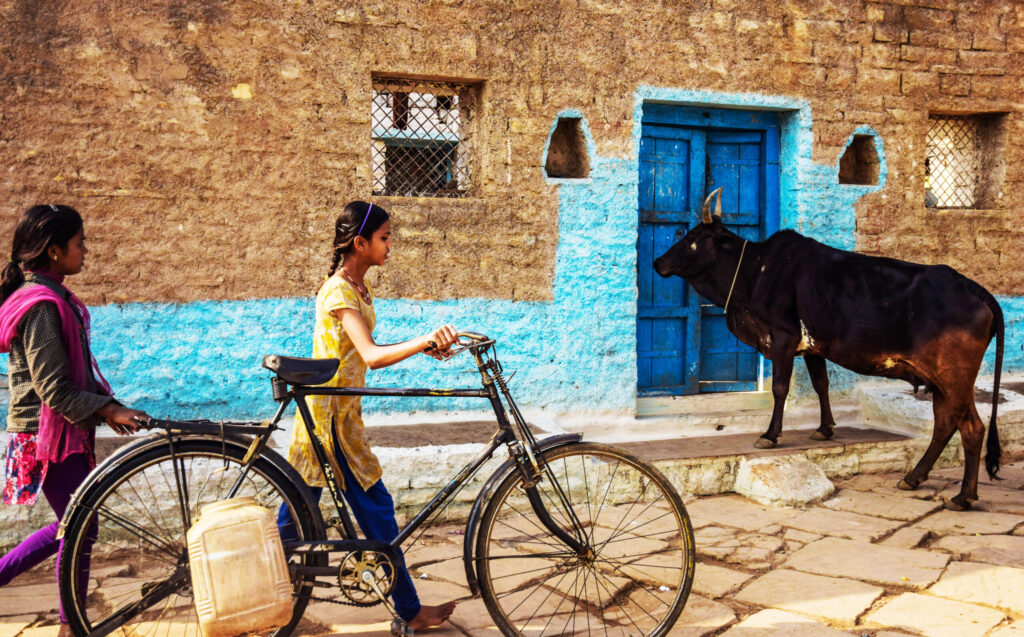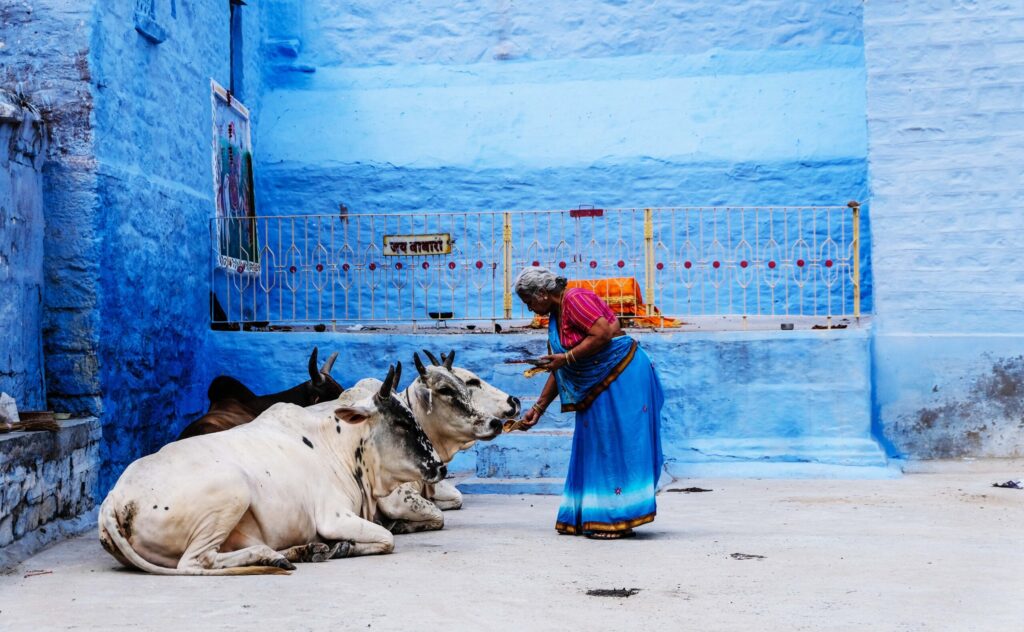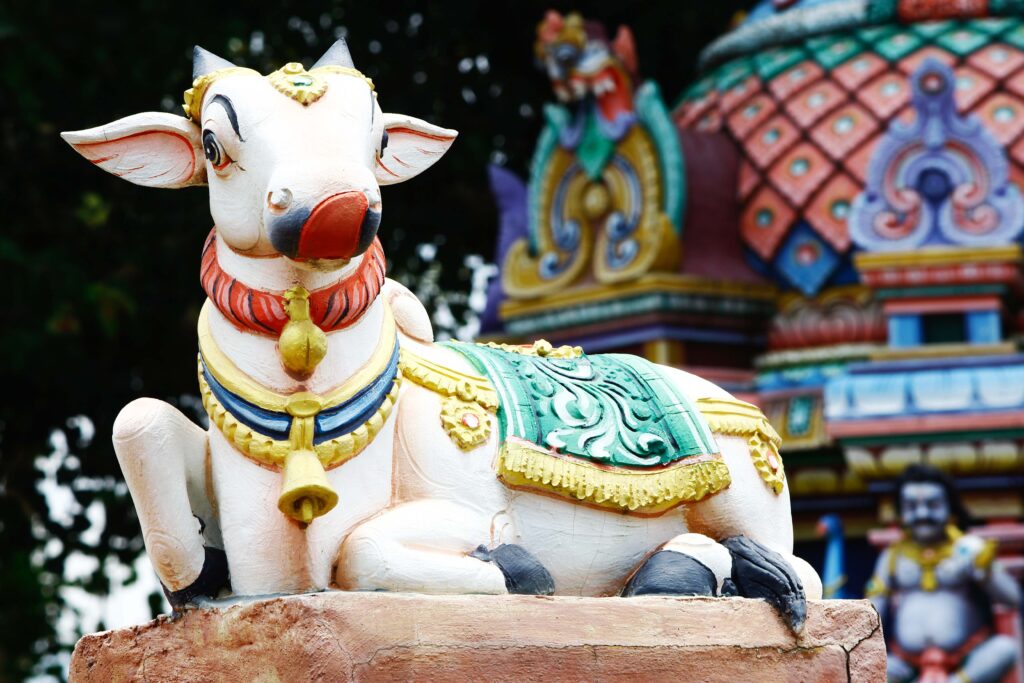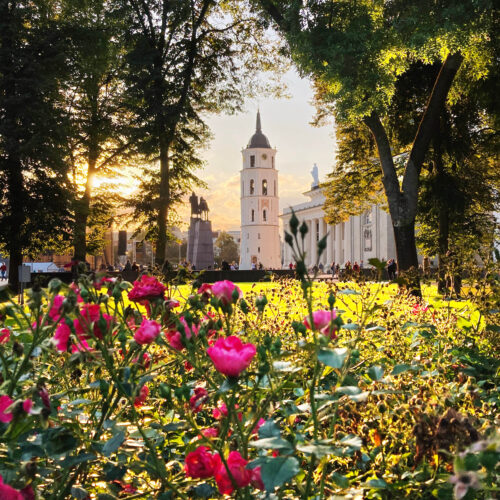
Discover the Cultural, Economic, and Spiritual Significance of India’s Sacred Cows
Cows are considered sacred in India, and their special status is deeply ingrained in the country’s culture, history, and religious beliefs. For centuries, bovines have played a vital role in the daily life of millions of people, and their importance extends beyond their economic and environmental benefits.
The sacredness of cows is a central aspect of Hinduism, India’s dominant religion.
These cows are believed to symbolize wealth, strength, and motherly love, and they have a special place in many festivals, ceremonies, and rituals.
Here are some things about India’s holy cows:
- Religious Significance: Cows have a special place in Hinduism, India’s dominant religion. They are believed to symbolize wealth, strength, and motherly love. In Hindu mythology, the cow is associated with many gods and goddesses.
- Cultural Significance: Cows are also crucial in the cultural traditions of India. They are a part of many festivals, ceremonies, and rituals and are often adorned with garlands and decorations.

- Economic Importance: Bovines play a vital role in the rural economy of India. They provide milk, a staple food for many people, and their dung is used as fuel and fertilizer.
- Environmental Benefits: They also benefit the environment as they help maintain soil fertility, prevent erosion, and improve water retention.
- Protection: Cows are protected by law in India, and it is illegal to slaughter them in many states. This protection is based on the belief that cows symbolize compassion, selflessness, and non-violence.
Did you know?
Naming cows is not a common practice in Indian culture, especially when it comes to some that are considered sacred.
In Hinduism, bovines are regarded as sacred and are considered to be an embodiment of the divine and the symbol of motherhood, nourishment, and non-violence. As such, they are treated with great respect and care.
While they are often given names on dairy farms or by individuals who keep them as pets, it is not typical to name those that are considered sacred. They are usually referred to with terms of endearment, like “gau mata” (mother cow) or simply “cow.”
![]() In some cases, those kept in temples may be given notable names or titles to honor their status, but this is not a widespread practice.
In some cases, those kept in temples may be given notable names or titles to honor their status, but this is not a widespread practice.
It is worth noting that not all Hindus consider bovines to be sacred, and the reverence towards them can vary between regions and communities in India.
A little history:
The earliest evidence of the cow’s special status can be found in ancient Hindu texts, such as the Rig Veda, which dates back to around 1500 BCE. In these texts, they were praised as a symbol of wealth, strength, and fertility and were often associated with various gods and goddesses.
Over time, they became a central aspect of Hinduism and was closely linked with the concept of ahimsa, or non-violence. Many Hindus believed that harming them was a sin and that protecting them was a way to show compassion and respect for all living beings.

During the Mughal era in the 1500-1600s, their sacred status was further reinforced by the Muslim rulers, who banned their slaughter in many regions of India.
Political considerations partly motivated this ban, as bovine’s were a vital part of the rural economy and provided milk and fertilizer to millions of people.
The sacred bovine has become a symbol of India’s cultural and spiritual heritage and has been the subject of many debates and controversies. Some people criticize the cow’s unique status as outdated and impractical, while others view it as a fundamental aspect of Indian identity and tradition.
Despite these debates, they remain an enduring symbol of India’s history, culture, and spirituality.


